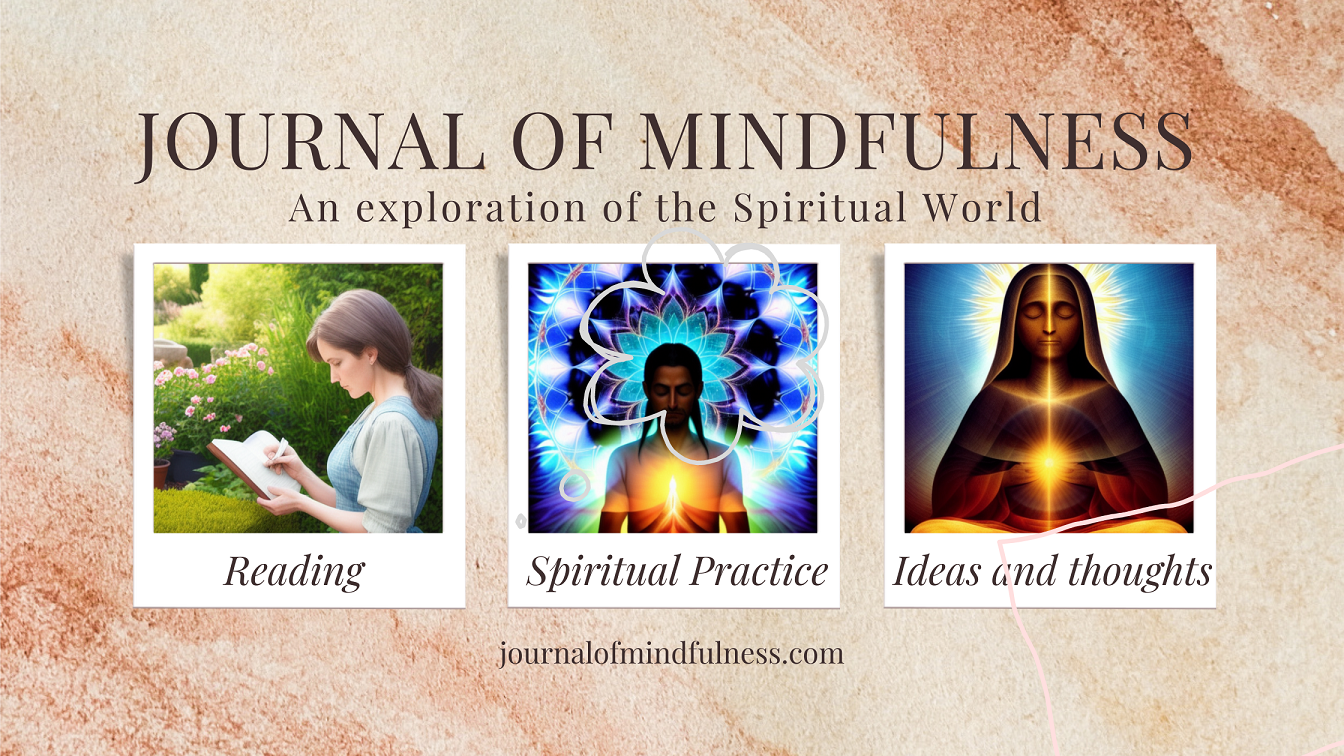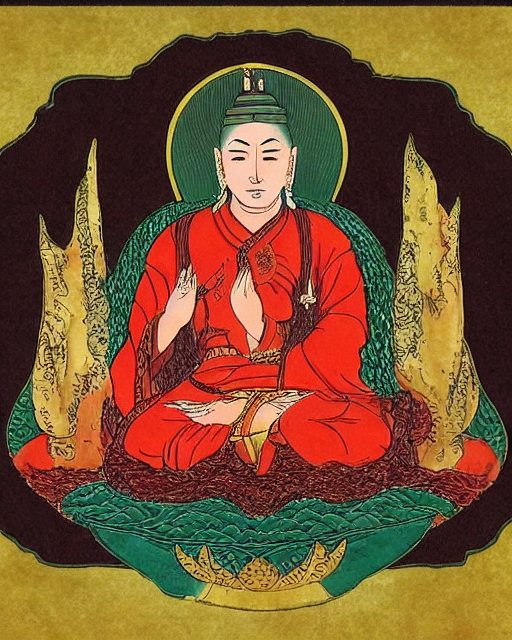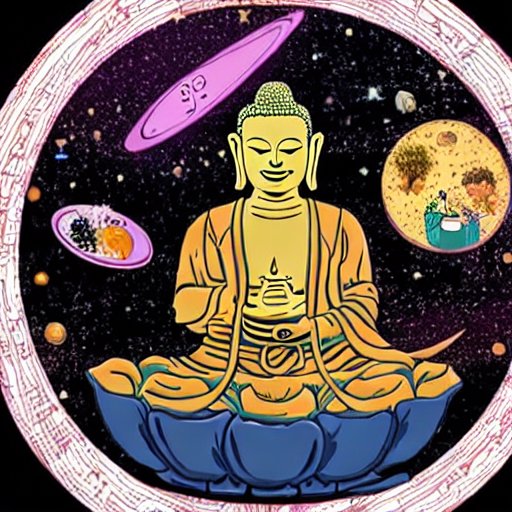Lessons from Karmic Relationships
Discussing the concept of karmic relationships and their purpose in our spiritual journey. Explore stories of individuals who have experienced intense and challenging relationships, highlighting the lessons they learned, the karma they resolved, and the spiritual growth that resulted from these transformative experiences.
Karma is a concept rooted in Hinduism, Buddhism, and other Eastern philosophies. It refers to the law of cause and effect, suggesting that our actions and intentions have consequences that shape our present and future experiences. Karma can be understood in terms of both good and bad actions and their corresponding outcomes. Additionally, the term “karmic relationships” is often used to describe connections between individuals that are influenced by past actions and unresolved issues. Here’s a breakdown of karma and karmic relationships:
- Karma is the belief that every action, whether physical, mental, or emotional, generates consequences. It is often described as a cosmic law that operates impartially, ensuring that every action will eventually result in a corresponding reaction. In simple terms, good actions tend to lead to positive outcomes, while bad actions tend to lead to negative outcomes. The effects of karma can manifest in this lifetime or in future incarnations.
- Good Karma refers to positive actions, thoughts, or intentions that contribute to the well-being and happiness of oneself and others. Acts of kindness, generosity, compassion, and moral behavior are examples of actions that can generate good karma. Good karma is believed to create positive energy and can lead to beneficial experiences, personal growth, and a sense of harmony.
- Bad Karma arises from negative actions, harmful intentions, or unskillful behavior. Actions such as deceit, cruelty, greed, and selfishness can generate bad karma. Bad karma is thought to create negative energy and can lead to undesirable consequences, suffering, and obstacles in life. It is believed that individuals may need to face and learn from the consequences of their negative actions in order to grow and evolve spiritually.
- Karmic Relationships are often viewed as connections between individuals that have been influenced by unresolved issues from previous lifetimes. These relationships may involve strong emotions, intense conflicts, and patterns of behavior that repeat or continue across different incarnations. The purpose of such relationships is seen as an opportunity for growth, healing, and the resolution of karmic imbalances. Karmic relationships can be challenging but also offer valuable lessons and opportunities for personal transformation.
It’s important to note that the understanding and interpretation of karma may vary among different cultures and spiritual traditions. While the concept of karma emphasizes personal responsibility and the consequences of our actions, it is not meant to be a judgment or punishment system. Instead, it encourages individuals to be mindful of their choices, cultivate positive qualities, and strive for self-improvement and harmony with others and the world around them.
In the vast tapestry of existence, karmic relationships emerge as profound catalysts for our spiritual evolution. These connections are not mere coincidences but purposeful encounters that carry the weight of past actions, lessons, and unresolved karma. Karmic relationships often manifest as intense and challenging, inviting us to delve into the depths of our being and unravel the threads of our past.
At the core of karmic relationships lies the belief in cause and effect—actions we have taken in previous lifetimes reverberate into our present experiences. These relationships provide an opportunity to balance the scales of karma, learn crucial lessons, and heal deep-seated wounds within our souls.
Through the stories of individuals who have traversed the tumultuous terrain of karmic relationships, we gain insight into the transformative power of these connections. One such story unfolds with Maya and James. Drawn together by a magnetic force, their relationship quickly spiraled into a cycle of pain and turmoil. Patterns of betrayal, codependency, and emotional upheaval marked their journey together.
As Maya and James confronted the challenges within their karmic bond, they embarked on a profound path of self-discovery and healing. Maya recognized her patterns of seeking external validation and learned to reclaim her self-worth from within. James confronted his own wounds of abandonment and control, embarking on a journey of self-acceptance and forgiveness.
Their karmic relationship became a crucible for growth. In facing the darkness within themselves and each other, they transcended their previous limitations. They learned lessons of self-love, boundaries, and forgiveness. Their tumultuous journey was the catalyst for profound spiritual growth, as they shed layers of conditioning and embraced the truth of their authentic selves.
The purpose of karmic relationships extends beyond personal growth. They provide an opportunity for collective healing and transformation. Each step taken toward resolving karmic imbalances contributes to the greater harmony of the universe. As Maya and James healed their wounds, their relationship became a vehicle for spreading love, compassion, and understanding to the world around them.
Karmic relationships remind us that we are not victims of circumstance but active participants in the unfolding of our destinies. They teach us to approach our relationships with a sense of responsibility, compassion, and humility. By recognizing the karmic nature of these connections, we shift from blame and victimhood to empowerment and personal growth.
In navigating karmic relationships, it is crucial to cultivate self-awareness, practice forgiveness, and release attachments. It is through the lens of compassion that we can understand the inherent value of these relationships and the transformative potential they hold. As we embrace the lessons presented to us, we gain the wisdom and strength to break free from karmic cycles and create healthier, more harmonious connections.
In the tapestry of our spiritual journey, karmic relationships weave intricate threads of growth and transformation. They offer us a unique opportunity to resolve past karma, learn invaluable lessons, and evolve as spiritual beings. Through their challenges and intensity, we find the catalyst for profound healing and spiritual expansion, ultimately aligning us with our higher selves and the greater purpose of our souls.
To discuss your personal concerns and unique situation please visit our sister site and talk with one of our experts.



